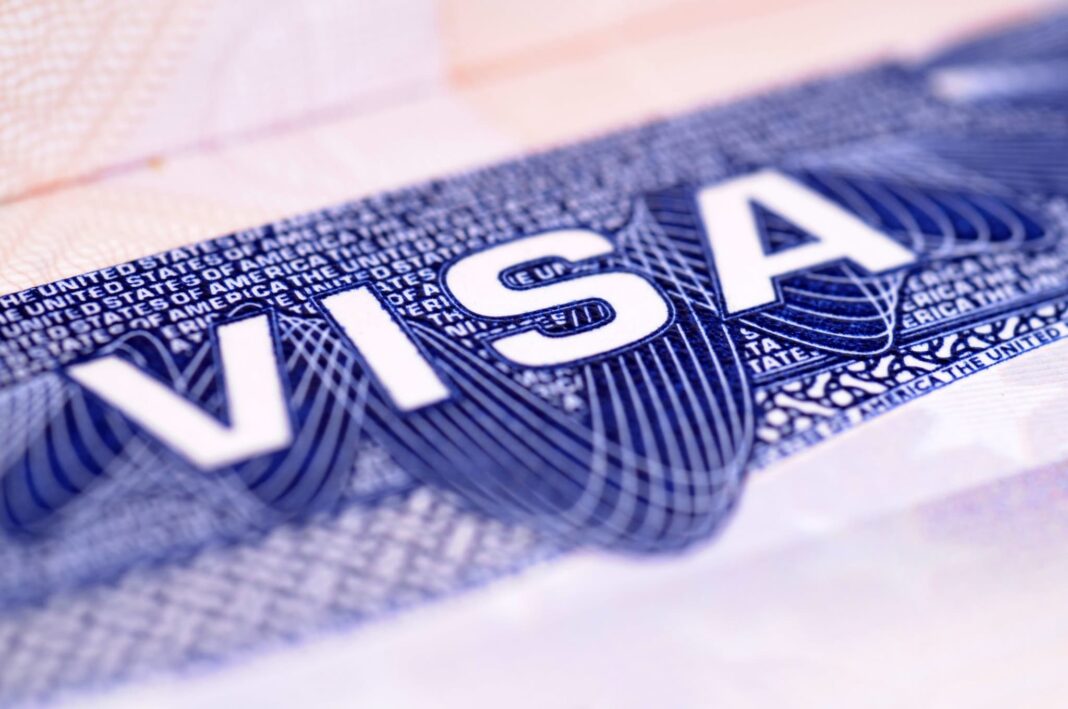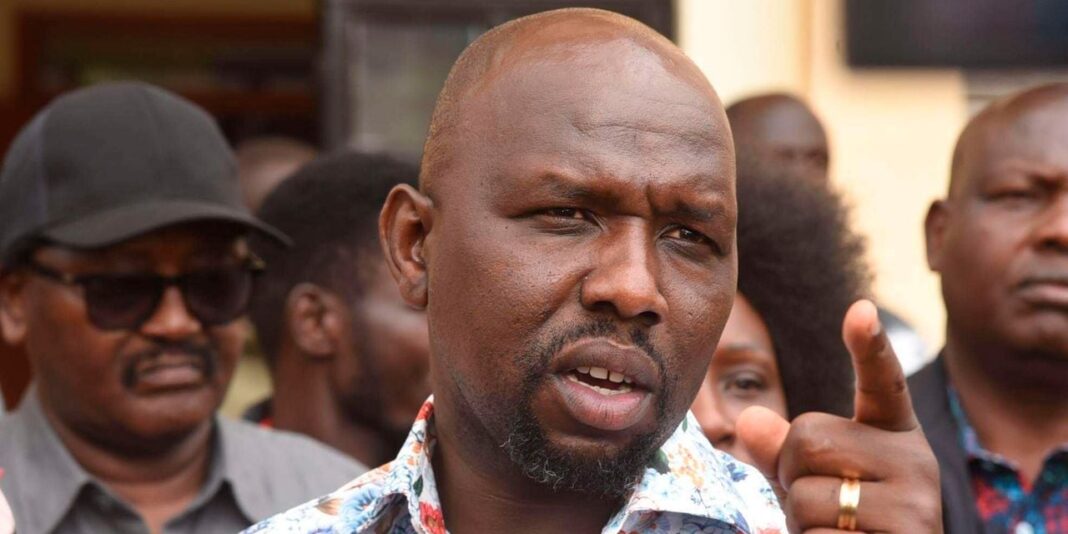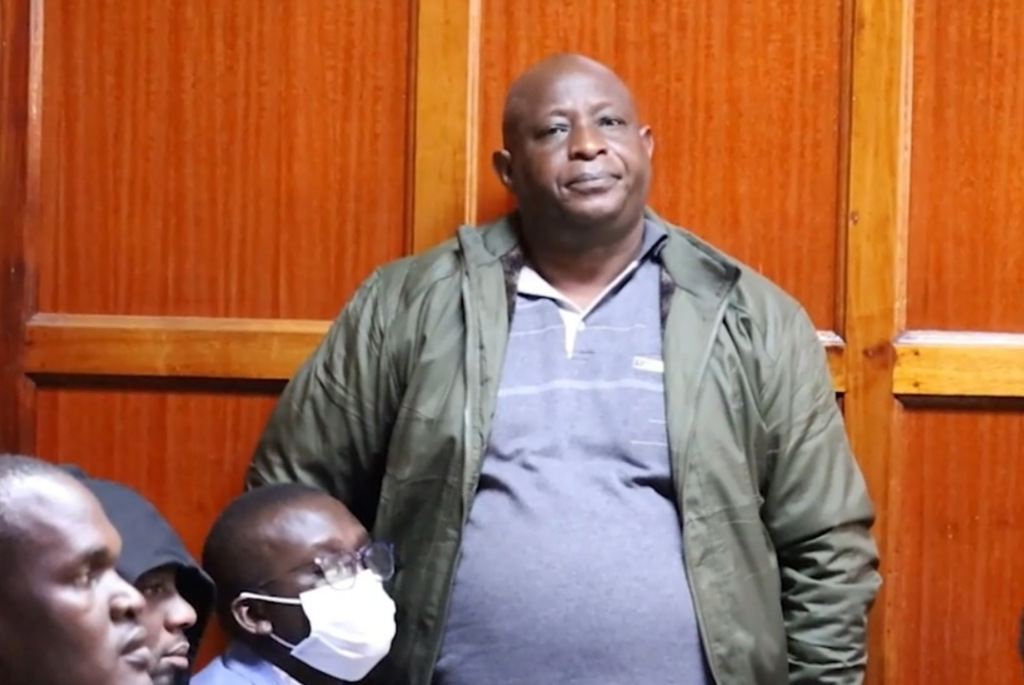The American dream just got significantly more expensive for Kenyan travelers and millions of visa applicants worldwide, as the Trump administration prepares to implement a controversial new $250 “Visa Integrity Fee” starting October 1, 2025.
This additional charge, equivalent to approximately Ksh32,500 at current exchange rates, will be imposed on top of existing visa application fees under the newly enacted “One Big Beautiful Bill Act” signed by President Donald Trump on July 4, 2025.
For Kenyan tourists and business travelers who currently pay $185 (around Ksh24,000) for a standard B-1/B-2 visa, the total cost will now surge to approximately Ksh56,500.
When combined with the recently increased Form I-94 processing fee that jumped from $6 to $24 (Ksh3,120), a simple tourist visa application could exceed Ksh60,000 in total fees.
The impact extends beyond tourists. Students seeking F-1 visas, professionals applying for H-1B work permits, and participants in exchange programs under J-1 visas will all face this additional financial burden.
For many middle-class Kenyan families, this represents a significant barrier to accessing educational and professional opportunities in the United States.
A Two-Tier System Emerges
The new policy creates a stark division in global mobility.
Citizens from 40 Visa Waiver Program countries including; the UK, France, Germany, Japan, and South Korea will be exempt from this fee entirely.
Meanwhile, travelers from Kenya and most African, Latin American, and select Asian and Middle Eastern nations must pay the full amount.
This disparity highlights growing concerns about economic barriers to international travel and the potential for such policies to deepen global inequalities in access to American opportunities.
The Trump administration frames the Visa Integrity Fee as a “compliance bond” designed to reduce visa overstays, a persistent issue in U.S. immigration enforcement.
The fee is theoretically refundable if visitors comply with all visa conditions and depart on time.
However, immigration experts warn that obtaining refunds may prove challenging.
Any violation even staying a single day beyond the authorized period or failing to meet specific conditions could forfeit the entire $250.
The refund process itself remains unclear, with lawyers anticipating months of paperwork and potential denials over technicalities.
The timing of this policy is particularly concerning given upcoming global events.
The 2026 FIFA World Cup, which the U.S. is co-hosting, and the 2028 Summer Olympics in Los Angeles will likely see reduced international attendance due to these elevated costs.
Geoff Freeman, President and CEO of the U.S. Travel Association, has criticized the fee as a “self-imposed tariff” on international travelers, warning it could discourage legitimate visitors while other countries compete to offer more welcoming and affordable systems.
For Kenya specifically, this development comes at a time when the government has been working to strengthen bilateral relations with the United States.
The additional financial barrier may complicate efforts to increase educational exchanges, business partnerships, and tourism between the two nations.
The $250 base fee is scheduled to be adjusted annually for inflation, meaning costs will likely continue rising.
For Kenyan families planning visits to relatives, students considering American universities, or entrepreneurs seeking business opportunities, these escalating costs represent a significant planning challenge.
The Department of Homeland Security and Department of State are still finalizing implementation details, but the October 1, 2025 effective date is fast approaching.
Immigration lawyers advise those planning to travel to consider applying before this deadline to avoid the additional fee.
This policy reflects broader shifts in American immigration policy under the current administration.
While proponents argue it will reduce illegal overstays, critics contend it may simply price out legitimate travelers from developing nations while having minimal impact on actual immigration violations.
For Kenya, a country where remittances from the diaspora play a crucial role in the economy and where American education remains highly valued, this development represents more than just an administrative fee increase—it’s a potential barrier to the aspirations of thousands of citizens seeking opportunities in the United States.
As October approaches, Kenyan travelers and their families must now factor this substantial additional cost into their American travel plans, making the already complex visa process even more financially demanding.
The real test will be whether this policy achieves its stated goal of reducing overstays or simply creates another obstacle for legitimate travelers pursuing the American dream.


